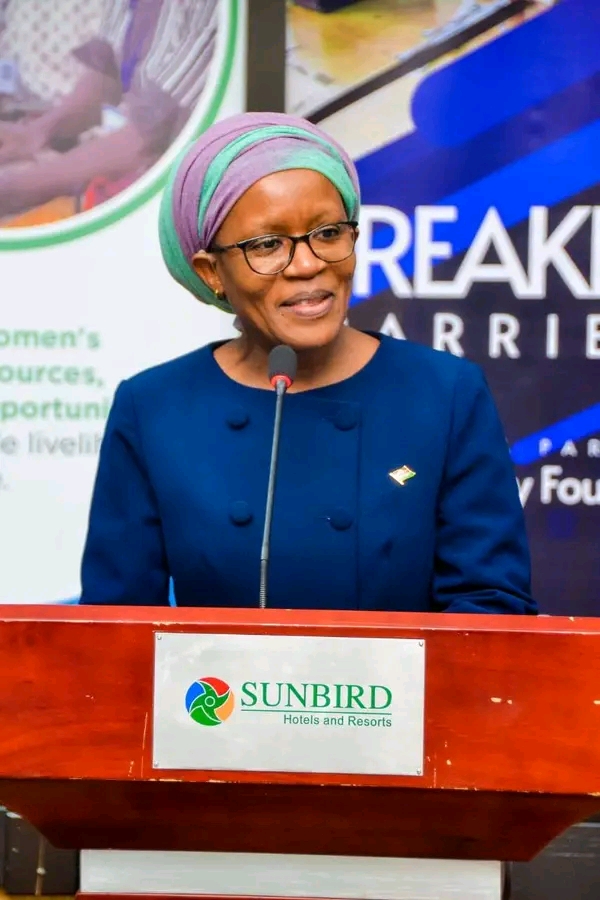By Burnett Munthali
In a recent post on his Facebook page, Bon Kalindo, a prominent political figure and social commentator, shared his thoughts on the current state of affairs in Malawi, particularly criticizing the behavior of certain politicians. His message, directed towards “Team Bon Kalindo the DC,” has sparked discussions among his followers regarding leadership accountability and the socio-political landscape in the country.
Kalindo’s post, which translates to “Wapsa dzuwa nthawi yayitali, mbare wathuyi, anangoyeneradi kukhutisa mimba yake mopanda chisoni,” conveys a strong sentiment about the self-serving nature of some politicians. He implies that these leaders have become complacent and more focused on their personal gain rather than the welfare of the citizens they represent.
This assertion highlights a common concern among Malawians who feel that some elected officials prioritize their interests over the pressing issues facing the country, such as poverty, unemployment, and corruption. Kalindo’s candid remarks serve as a call to action for citizens to demand better leadership and accountability from their representatives.
Kalindo’s commentary resonates with many Malawians who have grown frustrated with the status quo. The notion that politicians are “filling their stomachs” while neglecting their responsibilities to the public reflects a broader discontent with the political elite. This frustration is not new, as it has been a recurring theme in Malawi’s political discourse, especially in light of the economic challenges that the country faces.
The demand for transparency and accountability is becoming increasingly important as citizens seek to hold their leaders to higher standards. Kalindo’s voice adds to the growing chorus of calls for reform and responsibility in governance.
Bon Kalindo has established himself as a vocal advocate for change, using social media as a platform to engage with the public. His posts often resonate with the sentiments of the youth and marginalized groups, who feel overlooked by the political establishment. By addressing issues candidly and encouraging discussions around accountability, Kalindo is fostering a sense of civic engagement among Malawians.
In conclusion, Kalindo’s recent remarks serve as a timely reminder of the importance of accountability in leadership. As Malawi navigates its socio-political challenges, voices like Bon Kalindo’s are essential in encouraging citizens to demand more from their leaders. The call for responsible governance and the prioritization of public welfare remains critical in ensuring a brighter future for all Malawians. As discussions around these issues continue, it is imperative for both citizens and leaders to engage constructively in shaping the nation’s path forward.




